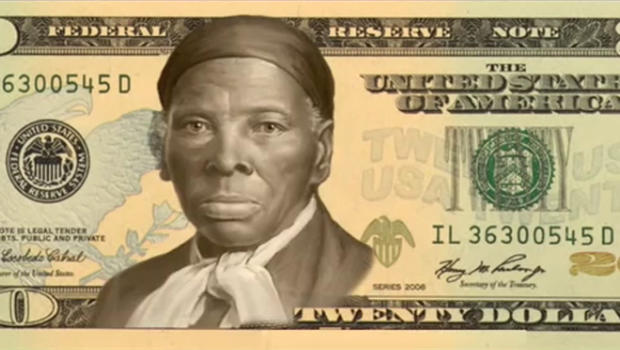Blog 82 – Replace Andrew Jackson on the $20?
In the past few years, students and adults have pushed to change the names of schools and institutions based upon the namesake’s past history. Last summer, for instance, the Confederate flag was pulled down from the South Carolina capitol in the wake of the Charleston shootings (the shooter was pictured w/ Confederate memorabilia), and then the South Carolina legislature voted overwhelmingly to take the flag down. This Economist article examines other particular cases not mentioned in the “Rethinking History” article I gave you. From another point of view, this article defends leaving the Hoover FBI federal building as it is, though some have come to question Hoover’s tough-minded, illegal wiretappings of students and Dr. King (Cointelpro).
In the article, “Rethinking History,” former Princeton president and 28th President of the United States Woodrow Wilson is derided because of his racist comments. He told a black leader in 1914 that “segregation is not humiliating, but a benefit, and ought to be so regarded  by you.” A different example from the article is what the University of Virginia has done in the past decade in trying to honor its slave past. At least 140 slaves helped build the university, and this fall, Virginia opened up a dorm named after two of the slaves who had worked on the campus before the Civil War.
by you.” A different example from the article is what the University of Virginia has done in the past decade in trying to honor its slave past. At least 140 slaves helped build the university, and this fall, Virginia opened up a dorm named after two of the slaves who had worked on the campus before the Civil War.
Presidential candidates say things like this get said today (I’m looking at you, Donald Trump), and some people agree. Some people go crazy seeing these statements as incredibly vile. Does this mean that our nation has descended into a politically- correct (PC) world? Are we finally recognizing the faults of the past and trying to make amends for them, because our nation, though it’s been a melting pot since its inception, is really starting to change? Or, can we learn something from the past instead of erasing it and blocking the things which we find disturbing?
This brings us to Andrew Jackson. This NY Times article suggested putting a woman’s face on the 20$ bill.
“Jackson was a slave owner whose decisions annihilated American Indian tribes of the Southeast. He also hated paper currency and vetoed the reauthorization of the Second Bank of the United States, a predecessor of the Federal Reserve. Jackson is in the history books, but there’s no reason to keep him in our wallets.”
His record with the Indian Removal Act, his battles w/ Nicholas Biddle and the 2nd BUS, and the fact that he was a slave owner all count against him. But what about his adoption of an Indian boy during one of the campaigns to eradicate the Indians? Did America actually benefit from not having a central banking system for almost 80 years? He was a symbol of the common man, those who could newly vote in the elections of 1828 and 1832 voted for him overwhelmingly, because he was a common man at one time. But he was also an exceptional man, having fought in the Revolution and the War of 1812, amassed a fortune (though off the backs of slaves), and become the 7th president of the United States. There are very very few people who can claim these achievements.

But if we remove Jackson from the $20 and replace him with someone else, where do we stop? Using the slippery slope argument (which is always a dangerous fallacy), do we rename Washington D.C. because Washington was a slave holder? Do we take Lincoln off of the penny or the $5 because he had over 30 Indians executed during the Civil War for sparking an uprising in Minnesota? Jefferson… we won’t even get into him.
As someone in the “Rethinking History” article states, if we are going to name buildings after people, should we expect them to be perfect? Maybe we should stop naming buildings after people. Or can we learn something from these flawed individuals (especially b/c everyone is flawed in some way or another)?
What are your thoughts? I see three possible alternatives to Jackson on the $20:
1. Keep him there and leave it as it is.
2. Change him out with someone else, especially with a woman of historical significance, and leave Andrew Jackson to be talked about in history classes.
3. Leave him on the bill but conduct education about Andrew Jackson’s legacy – This could be done by the Federal Reserve which makes decisions about currency.
If you come up with another alternative, please include it in your post.


